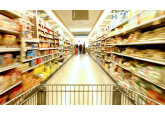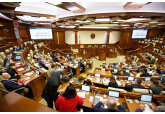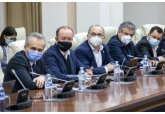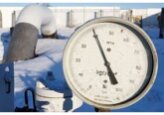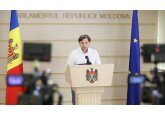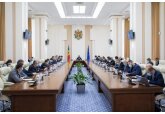
The National Business Agenda recommended to the authorities a package of urgent measures to reduce the impact of the crisis on the agricultural sector of Moldova.
Following a meeting last week, the National Business Agenda 2022 recommended to the government urgent measures that will reduce the costs of farmers for spring agricultural work, stimulate compliance with technological processes, improve food security in the country and reduce food inflation. In particular, it is proposed to refund VAT on the purchase of fertilizers - this will reduce the increase in prices for fertilizers by about 20%. Today, Moldova imports fertilizers worth $60-70 million, and due to rising prices, in 2022 this figure will be about $200 million, while the cost of international transportation has increased by 2-2.5 times. The VAT refund on the purchase of fertilizers will allow farmers to save at least 320 million lei. It is also proposed to allow the use of VAT from accounts to pay tax liabilities to the national public budget. Another measure is the simplification of the legislation on day laborers. The current law is extremely difficult for agricultural companies to apply and creates many ambiguities in practice. And, if at the time of the approval of the law it was assumed that this legislative initiative would attract at least 70 thousand daily workers, then in reality their number is 10 times less. The National Business Agenda recommends establishing a single payment for day laborers, which will be paid to the budget by the employer, and the day laborers themselves will be exempted from the obligation to pay other taxes to the state. This approach will simplify the daily employment of day laborers, reduce the share of unofficial wages, and help reduce the shadow economy. It is also proposed, in derogation from the current rules, to allow the temporary import of seed material for agricultural work in 2022. This year, most agricultural companies in Moldova placed orders for the import of seed material from Russia and Ukraine, the supply of which is currently impossible due to the war. At the same time, Russia and Ukraine also placed seed orders with the EU and did not purchase them, creating huge untapped stocks in some EU countries. All existing seeds in the EU are also certified for Moldova, but there are some inconsistencies with the substances that these seeds are treated with. In order to avoid difficulties associated with providing farmers with seed material for the current year, the participants in the National Business Agenda meeting recommended that the National Agency for Food Safety allow, as an exception, the import of such seed material from the EU countries. // 28.03.2022 — InfoMarket


